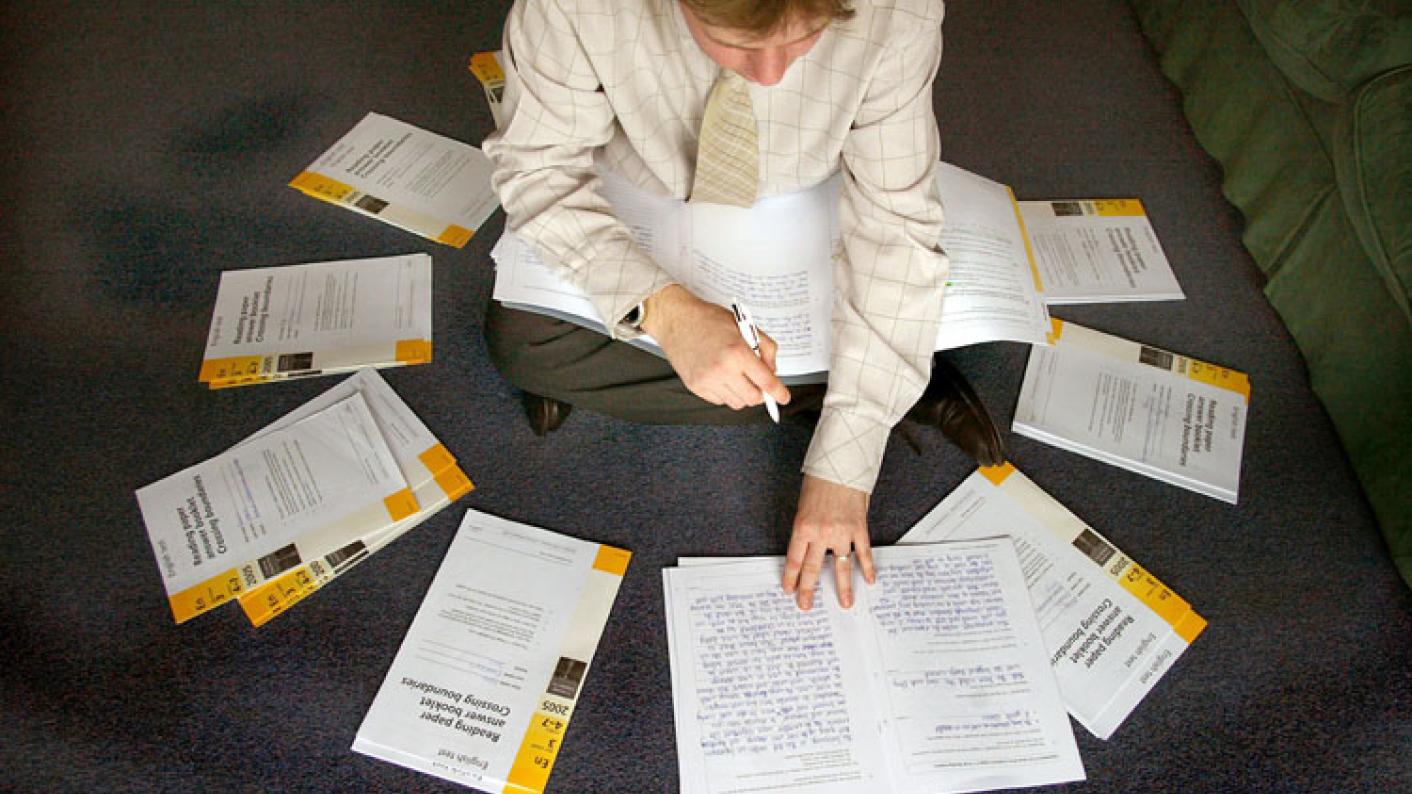You’ll need to plan your time well to survive this work-stuffed inaugural term. Yet survive it you will. The tales of teacher workload are not inaccurate – and your first year is certainly testing in terms of its time-to-task ratio – but there is plenty you can do to mitigate the onslaught.
That said, you need to be realistic. Work-life balance is a distant memory: from now on, work will be deeply ingrained in almost all facets of your life. Once you accept this, you can begin to find gaps in the schedule through which you can peek at your former existence and bask in temporary reprieve.
Here are four time-worn tips to help you navigate your first winter as a newly qualified teacher.
1. Focus on feedback: The single biggest thief of your time will prove to be the issuing of regular written feedback to your students. It is crucial that you survey the year ahead and quickly compose a “feedback/marking calendar”. Aim to stagger your student deadlines strategically, balancing your load so that you don’t end up with a leaning tower of books to mark.
2. Plan with care: Lesson planning, especially in the early days, will take time and effort. Consider the long game but don’t try to reinvent the wheel. Your initial burst of excitement needs to be tempered with the knowledge that creating lots of resources and building epic PowerPoints will drain away your precious time. Borrow resources, simplify your plans and be creative without the pyrotechnic display of showpiece lessons. In short, plan ahead, know your course specification and pinch the best of what has been thought and taught already by your colleagues.
3. Just say no: You are understandably, and happily, eager to get involved in school life. Schooltrips, visits, extra sessions, pantomimes – you want to do them all. However, be wary of overcommitting yourself. There will be weekends when you need to recuperate, nights when you need to be early to bed. People will forgive you for saying no, and to be able to manage your time, say no you must.
4. Develop relentless routines: You will need some ingrained good habits, your energy is finite and your willpower is tied to your dwindling energy reserves. You may be tempted to do a Sunday marking binge, but if you develop the relentless routine of “five a day” (essays to mark, or similar, that is) you are much more likely to retain your sanity and maintain your energy levels. Have a comforting routine to start the day, such as a cup of tea twinned with writing your daily checklist. Good routines help you to manage yourself, which in turn helps you to better manage your time.
Alex Quigley is director of learning and research at Huntington School, York. He tweets at @HuntingEnglish. His first book, written for English NQTs, is titled Teach Now! Becoming a Great English Teacher
